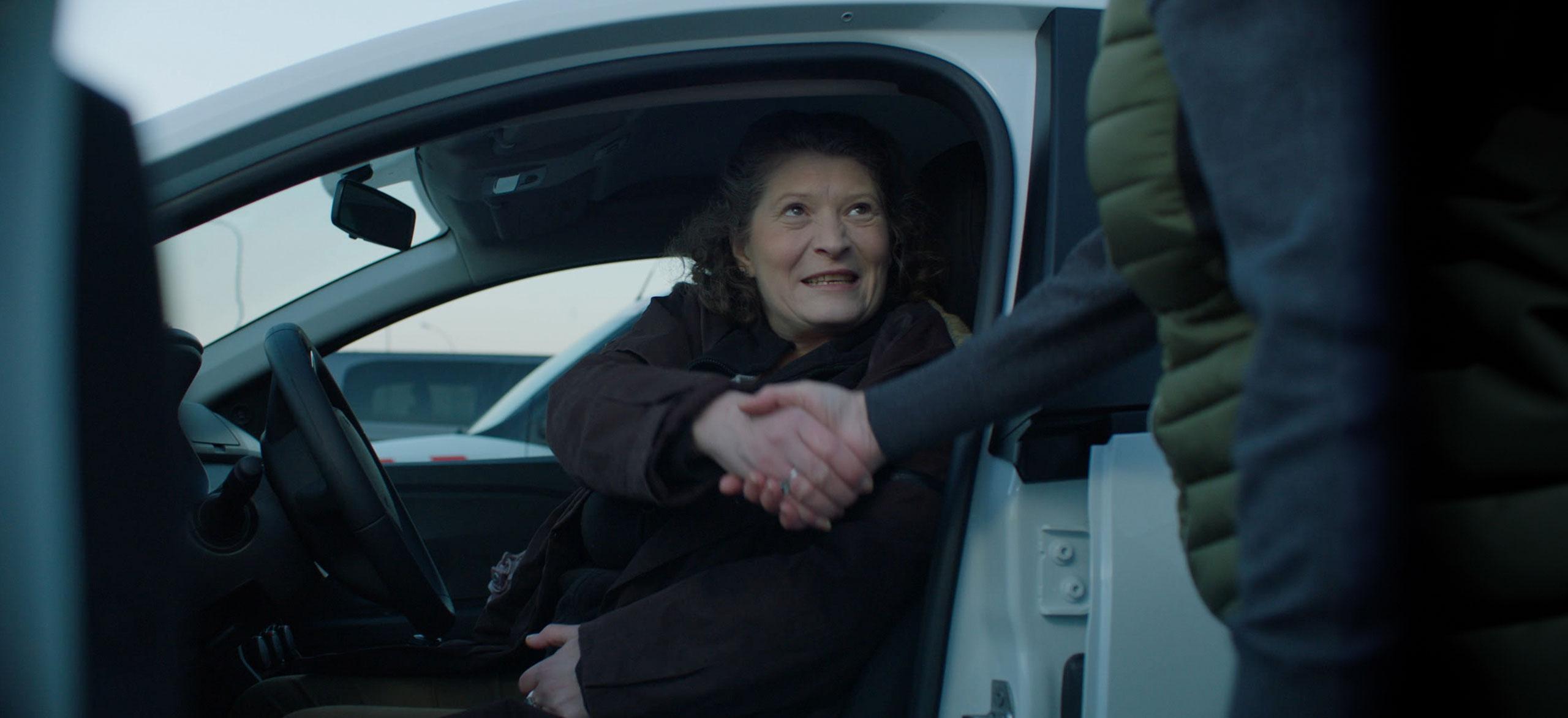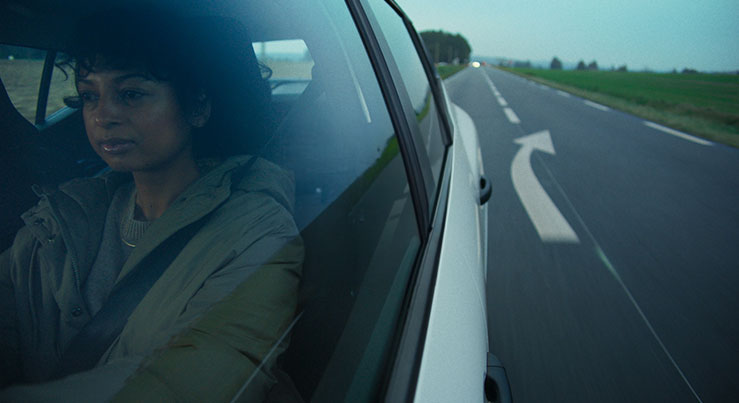des personnes en situation de fragilité ont déjà refusé un poste pour des problèmes de mobilité.
Source: Enquête Mobilité et accès à l'emploi - 18/01/2017

Un crédit vous engage et doit être remboursé. Vérifiez vos capacités de remboursement avant de vous engager.
CareMakers s'appuie sur son réseau de partenaires qui vous conseillent et vous accompagnent tout au long de vos démarches afin de vous apporter la solution de mobilité la plus adaptée à votre situation.

CareMarkers permet aux personnes non éligibles au crédit automobile classique d'accéder à un véhicule neuf à prix abordable.
Ce dispositif Renault Group de mobilité solidaire compte déjà 3000 bénéficiaires depuis 2012 avec pour objectif 5000 en 2025.
(1) Location Longue Durée, hors assurances et prestations facultatives, sur 52 mois et 42.500km pour Sandero Essential Sce 65 avec option roue de secours, avec un 1er loyer majoré de 5.400€. Sous réserve d'étude et d'acception par le bailleur DIAC agissant sous la marque commerciale Mobilize Financial Services, établissement de crédit et intermédiaire d’assurances (ORIAS n° 07 004 966 consultable sur www.orias.fr), SA au capital de 415 100 500€ - Siège social : 14 avenue du Pavé Neuf 93160 Noisy-le-Grand - SIREN 702 002 221 RCS Bobigny). En fin de contrat, restitution du véhicule chez votre concessionnaire avec paiement des frais de remise à l’état standard et de kilomètres supplémentaires. Le 1er loyer majoré est financé par microcrédit auprès de notre partenaire, sous réserve d’acception. Offre à particuliers ayant besoin d'un véhicule lié à sa recherche d'emploi ou son maintien, et répondant aux conditions d'éligibilité précisées sur le site Caremakers. Valable pour toute commande d'un véhicule éligible à l'offre "Voiture de future fonction" du 23/03/2024 au 30/06/2024 dans le réseau Dacia participant. Selon les stocks disponibles.
(2) Le remboursement de votre microcrédit destiné à financer le 1er loyer majoré commence à partir du 4ème mois en raison du report des 3 premières échéances, puis paiement de vos loyers à partir du 5ème mois (2ème, 3ème et 4ème loyers offerts par Dacia).
(3) Le remboursement de votre microcrédit destiné à financer le 1er loyer majoré commence à partir du 4ème mois en raison du report des 3 premières échéances, puis paiement de vos loyers à partir du 5ème mois (2ème, 3ème et 4ème loyers offerts par renew).
(4) Location Longue Durée, hors assurances et prestations facultatives, sur 49 mois et 42.500km pour Sandero Essential Sce 65 avec option roue de secours, avec un 1er loyer majoré de 5.400€. Sous réserve d'étude et d'acception par le bailleur DIAC agissant sous la marque commerciale Mobilize Financial Services, établissement de crédit et intermédiaire d’assurances (ORIAS n° 07 004 966 consultable sur www.orias.fr), SA au capital de 415 100 500€ - Siège social : 14 avenue du Pavé Neuf 93160 Noisy-le-Grand - SIREN 702 002 221 RCS Bobigny). En fin de contrat, restitution du véhicule chez votre concessionnaire avec paiement des frais de remise à l’état standard et de kilomètres supplémentaires. Le 1er loyer majoré est financé par microcrédit auprès de notre partenaire, sous réserve d’acception. Offre à particuliers ayant besoin d'un véhicule lié à sa recherche d'emploi ou son maintien, et répondant aux conditions d'éligibilité précisées sur le site Caremakers. Valable pour toute commande d'un véhicule éligible à l'offre "Voiture de future fonction" du 23/03/2024 au 30/06/2024 dans le réseau Dacia participant. Selon les stocks disponibles.